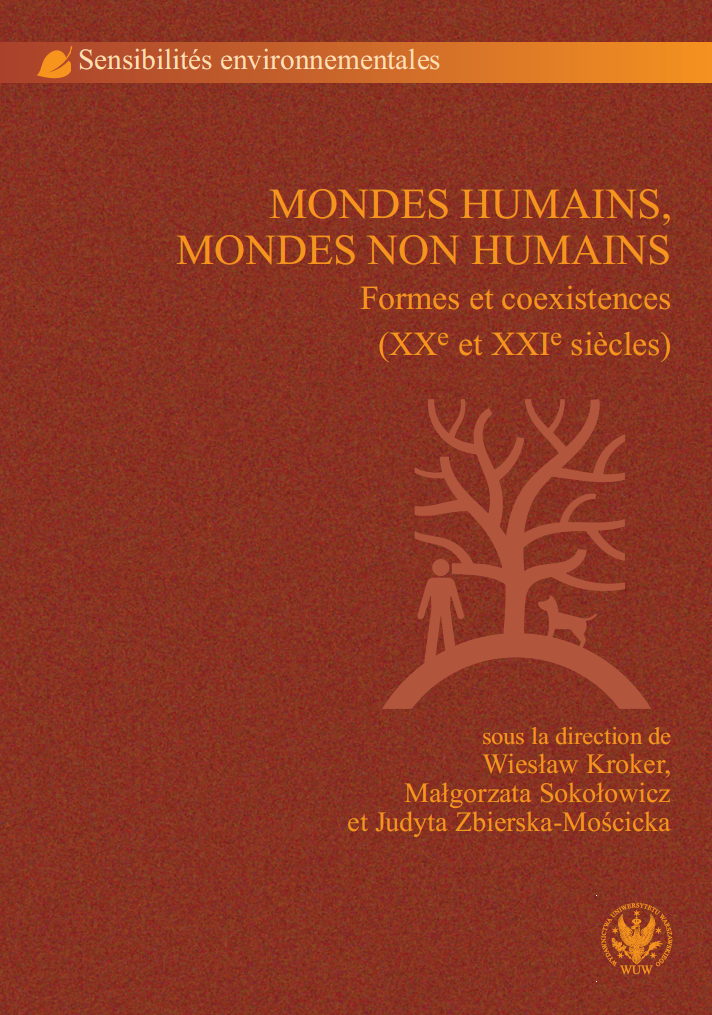Author(s): Mihaela Bacali / Language(s): French
Publication Year: 0
The threshold joins two territories, often contrasting or opposing ones. In the initiation experience, death is a way of transcending lay existence to step into another life, a spiritual one, bringing about regeneration. This scenario, also present in the mystical quest, provides the storyline of the novel Cealaltă lumină (The Other Light). The clash between two tendencies: the pursuit of a life fully enjoyed in the realm of the immanent, and the awareness of belonging to another world, that of the transcendent reality, is inextricably linked to self-introspection. Thus Ariana, the protagonist of this novel, journeys from death to life; her experience allows us to explore this genre which, while maintaining the experiential character specific to autobiographic texts, is related to other writings with strong spiritual undertones, such as the initiation novel or the mystical texts. Following her initiatory journey, with its trials and tribulations and even her initiatory «death», the protagonist’s relation to the sacred is built by means of a painstaking spiritual quest, sustained by her devotion, through a continued process of interiorization. Thus, she comes to resemble the mystics who incessantly follow this path towards the Absolute.The threshold joins two territories, often contrasting or opposing ones. In the initiation experience, death is a way of transcending lay existence to step into another life, a spiritual one, bringing about regeneration. This scenario, also present in the mystical quest, provides the storyline of the novel « Cealaltă lumina » (“The Other Light”). The clash between two tendencies: the pursuit of a life fully enjoyed in the realm of the immanent, and the awareness of belonging to another world, that of the transcendent reality, is inextricably linked to self-introspection. Thus Ariana, the protagonist of this novel, journeys from death to life; her experience allows us to explore this genre which, while maintaining the experiential character specific to autobiographic texts, is related to other writings with strong spiritual undertones, such as the initiation novel or the mystical texts. Following her initiatory journey, with its trials and tribulations and even her initiatory «death», the protagonist’s relation to the sacred is built by means of a painstaking spiritual quest, sustained by her devotion, through a continued process of interiorization. Thus, she comes to resemble the mystics who incessantly follow this path towards the Absolute.The threshold joins two territories, often contrasting or opposing ones. In the initiation experience, death is a way of transcending lay existence to step into another life, a spiritual one, bringing about regeneration. This scenario, also present in the mystical quest, provides the storyline of the novel « Cealaltă lumina » (“The Other Light”). The clash between two tendencies: the pursuit of a life fully enjoyed in the realm of the immanent, and the awareness of belonging to another world, that of the transcendent reality, is inextricably linked to self-introspection. Thus Ariana, the protagonist of this novel, journeys from death to life; her experience allows us to explore this genre which, while maintaining the experiential character specific to autobiographic texts, is related to other writings with strong spiritual undertones, such as the initiation novel or the mystical texts. Following her initiatory journey, with its trials and tribulations and even her initiatory «death», the protagonist’s relation to the sacred is built by means of a painstaking spiritual quest, sustained by her devotion, through a continued process of interiorization. Thus, she comes to resemble the mystics who incessantly follow this path towards the Absolute.
More...



